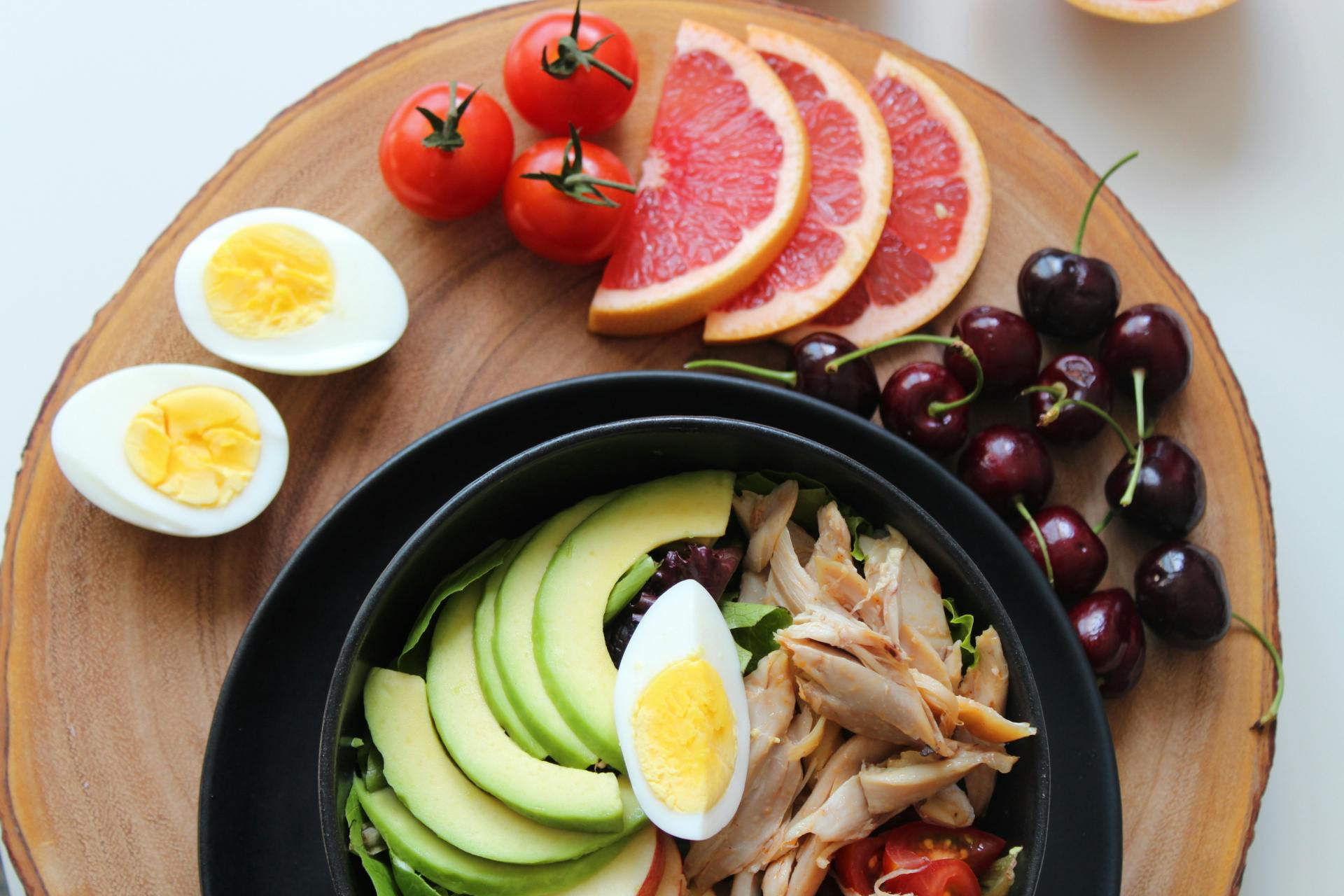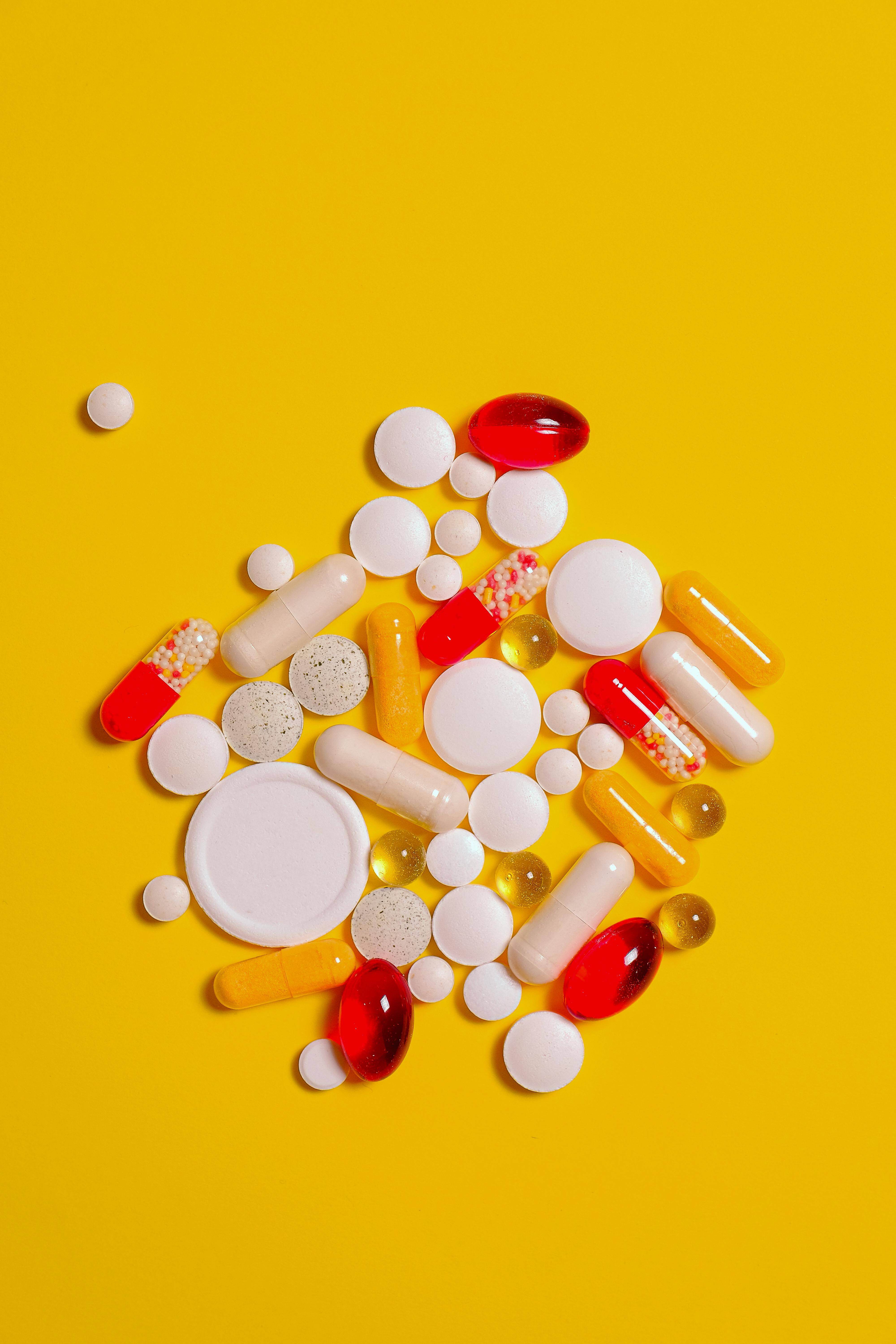
Understanding the Gut-Brain Axis
The gut and brain communicate through complex biochemical signaling pathways. Beneficial bacteria produce short-chain fatty acids, neurotransmitters, and hormones that can cross into the bloodstream and affect the brain. When these microbes are out of balance, inflammation may rise, and mood disorders such as anxiety or depression can worsen.
Over the last decade, scientific interest in the gut-brain axis has soared. Recent papers in journals like <em>Psychiatry Research</em> and <em>Nature Microbiology</em> emphasize that maintaining a diverse microbiome is essential for emotional resilience. Probiotics replenish helpful bacteria and may reduce inflammation, thereby supporting a positive mindset.
Key Strains Linked to Emotional Well-being
Not all probiotics are equal when it comes to mental health. The strains <em>Lactobacillus rhamnosus</em> and <em>Bifidobacterium longum</em> have shown promising results in reducing anxious behavior in laboratory animals and improving emotional balance in small human trials. Other strains such as <em>Lactobacillus helveticus</em> and <em>Bifidobacterium breve</em> may help regulate cortisol, the stress hormone.
- Lactobacillus rhamnosus: Known for influencing gamma-aminobutyric acid (GABA) production.
- Bifidobacterium longum: Often studied for easing mild depressive symptoms.
- Lactobacillus helveticus: May reduce perceived stress and physical tension.
- Bifidobacterium breve: Supports overall gut balance, indirectly aiding mood regulation.
Choosing products that contain these strains can increase your chances of experiencing mood benefits. Always look for supplements that list the specific strain names and contain at least one billion colony-forming units (CFUs) per serving.
Probiotic Foods vs. Supplements
Probiotic foods, including yogurt, kefir, sauerkraut, kimchi, and kombucha, deliver live cultures alongside vitamins and minerals. These foods are often cheaper than pills and provide variety in your diet. However, the number of live bacteria can vary based on preparation and storage.
Probiotic supplements, on the other hand, offer more consistent dosing. Capsule or powder forms are convenient when traveling or if you dislike the taste of fermented foods. Supplements are also useful if you want targeted strains for specific mental health goals.
- Foods: Offer additional nutrients and tasty flavors.
- Supplements: Deliver reliable CFU counts and specific strains.
- Combination approach: Many experts advise consuming both for a balanced microbiome.
Whether you choose foods, supplements, or a combination of both, consistency is key. Maintaining a daily intake of beneficial microbes helps fortify your gut lining and may improve neurotransmitter production.
Lifestyle Factors That Amplify Benefits
Probiotics work best when combined with a healthy lifestyle. Diets high in fiber from fruits, vegetables, and whole grains provide the prebiotics that feed good bacteria. Regular exercise increases microbial diversity, while adequate sleep supports hormonal balance.
- Eat fiber-rich foods to fuel probiotics.
- Exercise at least three times a week to maintain microbial variety.
- Practice stress management techniques like meditation or deep breathing.
- Avoid excess alcohol and processed sugar, which can harm beneficial bacteria.
Stress reduction is particularly important for mental health. Chronic stress can disrupt the microbiome and make it harder for probiotics to take hold. Setting aside a few minutes each day for relaxation improves your ability to cope with anxiety and maintain a balanced mood.
Long-Term Benefits and Ongoing Research
Clinical research on probiotics for mood is still emerging, but early findings are encouraging. A 2025 meta-analysis from the <em>Journal of Behavioral Nutrition</em> concluded that probiotics may help alleviate mild depressive symptoms when taken for eight weeks or longer. Another 2024 study in <em>Psychoneuroendocrinology</em> found that participants who consumed both probiotic foods and supplements reported improved sleep quality and reduced irritability.
Researchers are also exploring how the gut microbiome influences the production of neurotransmitters like serotonin and dopamine. Some theorize that probiotics strengthen the intestinal barrier, preventing inflammatory molecules from reaching the brain. Although more large-scale trials are needed, the potential link between gut bacteria and mental health continues to capture public interest.
Potential Drawbacks and Safety Tips
Probiotics are generally safe for healthy individuals, but mild side effects such as bloating or gas can occur during the first few weeks. People with severely weakened immune systems or serious health conditions should consult a doctor before starting a new supplement.
- Begin with a lower CFU count if you are new to probiotics.
- Monitor any changes in digestion or mood during the initial weeks.
- Choose reputable brands that perform third-party testing.
- Store supplements according to the label to preserve potency.
It is important to note that probiotics are not a cure-all. They should complement, not replace, professional mental health care when needed. If you experience persistent depression or anxiety, seek guidance from a qualified healthcare provider.
Practical Tips for Daily Use
Many people find success by incorporating probiotic foods into one or two meals each day and taking a supplement in the morning. Consistency helps beneficial bacteria colonize the gut, leading to more stable mood effects.
- Start your day with yogurt or kefir for a probiotic boost.
- Take supplements with food to protect delicate strains from stomach acid.
- Experiment with fermented vegetables like kimchi or pickles at lunch.
- Keep a journal to track mood changes and digestive reactions over time.
Remember that everyone's microbiome is unique. You may need to try different strains or adjust dosages before noticing significant improvements. Patience is essential when integrating probiotics into your mental health routine.
When to Seek Professional Advice
If you have a history of severe gastrointestinal disorders or are taking prescription medications, consult a healthcare professional before starting probiotics. They can help you choose safe strains and monitor any interactions with existing treatments.
Dietitians and therapists who specialize in the gut-brain connection can provide personalized guidance. They may recommend additional lifestyle adjustments—such as stress-management techniques, dietary tweaks, or sleep hygiene practices—to enhance the effects of probiotics.
The Bottom Line
Probiotic supplements and fermented foods offer a promising way to support emotional well-being. By nurturing the gut microbiome, these beneficial bacteria can send positive signals to the brain. While research is still developing, many people find that a steady routine of probiotics, combined with healthy habits, leads to better mood stability and overall quality of life.
References for the Curious Minds
- Smith, J. (2025). Gut Bacteria and Emotional Balance. Psychiatry Research, 34(7), 455-468.
- Lee, M. et al. (2024). Microbial Influences on Stress Response. Nature Microbiology, 19(2), 88-99.
- Garcia, P. (2025). The Promise of Psychobiotics. Journal of Behavioral Nutrition, 13(3), 210-225.
- World Health Organization. (2024). Digestive Health and Mental Well-being.


